Chatterbox Srl | Via Tempio 15 (front office via Tempio 27)
09127 - Cagliari (CA)
+39 070 773 8269
Mon - Thu 8am/12.30pm - 1/4.30pm Fri 8am/12.30pm - 1/3.30pm
You may think that Reception children, or even Year 1 and Year 2 children, are too young to go on a 2-day school trip with their teachers and schoolmates, but giving 5-year-old children this opportunity can be incredibly beneficial for their development.
Read the article to find out 7 reasons why it is important to provide such experiences!
1. Independence and self-confidence: a school trip allows children to step outside their familiar environment and experience a sense of independence. It offers them an opportunity to make decisions, solve problems, and navigate new situations on their own or with minimal adult intervention. This fosters self-confidence and helps children develop a sense of autonomy. To encourage this aspect even more, we ask parents to pack their children’s suitcases together with them, so that each child knows where things are and can get them by him/herself.

2. Social skills and teamwork: School trips often involve interacting with classmates and teachers in a different setting. Children learn how to communicate, cooperate, and collaborate with others, promoting the development of important social skills. They learn to share, take turns, and work together towards a common goal, enhancing their teamwork abilities through new activities that they don’t usually do in class. In a school path like ours, where students are engouraged to speak English all the time, it also helps to consolidate and acquire new terms and sentences (connected to the setting) in the target language.
3. Exploration and curiosity: A two-day school trip exposes children to new environments, such as nature parks, farms, museums, or historical sites. This helps ignite their curiosity and encourages a thirst for knowledge. They get the chance to explore different places, learn about new cultures or subjects, and ask questions, fostering a love for learning. During this trip in particular, children were taught how to make a jam tart (among other activities) and were thus able to also develop further manual skills, pouring ingredients, mixing and stiring with different tools and kneading the dough.
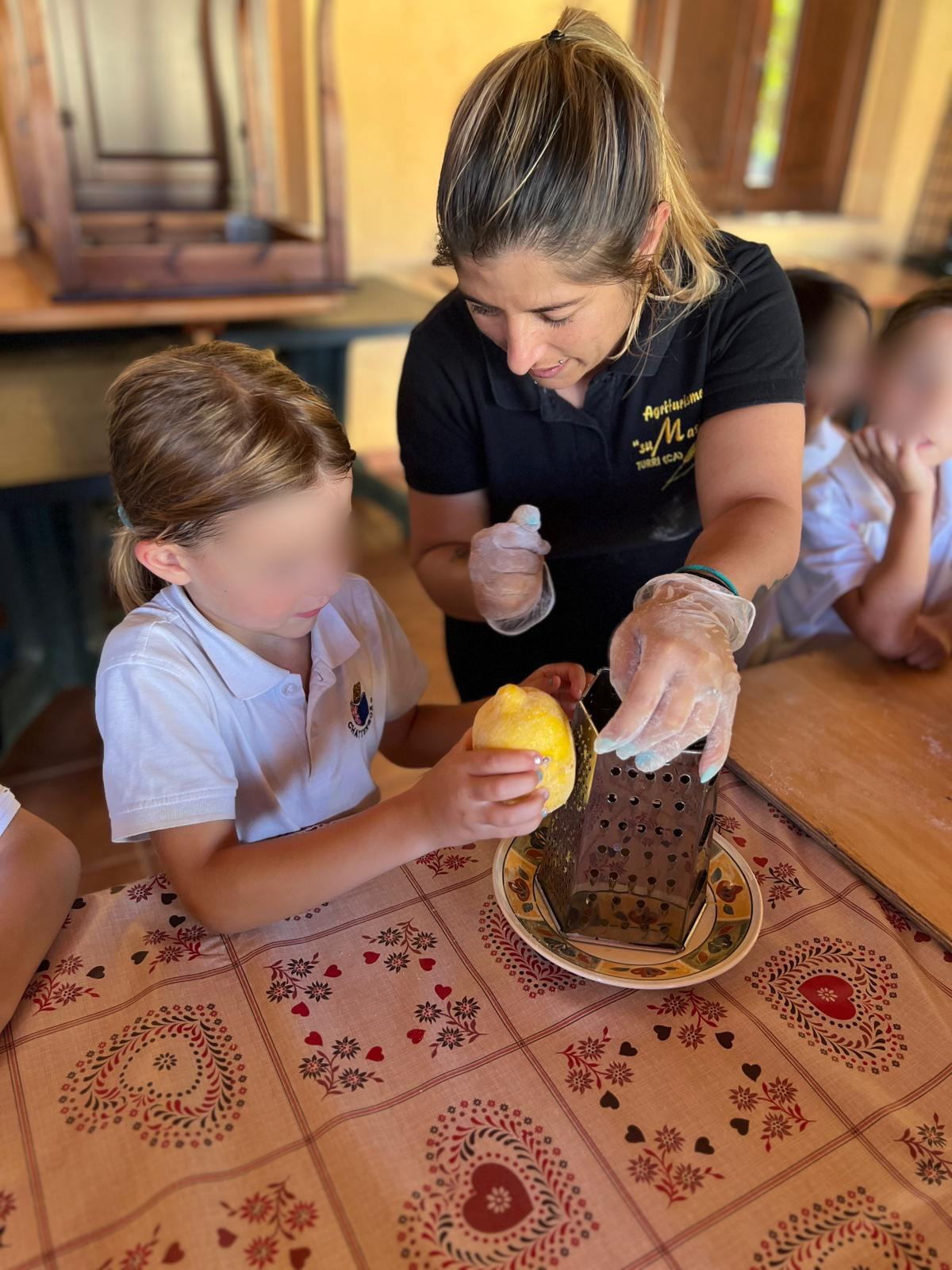
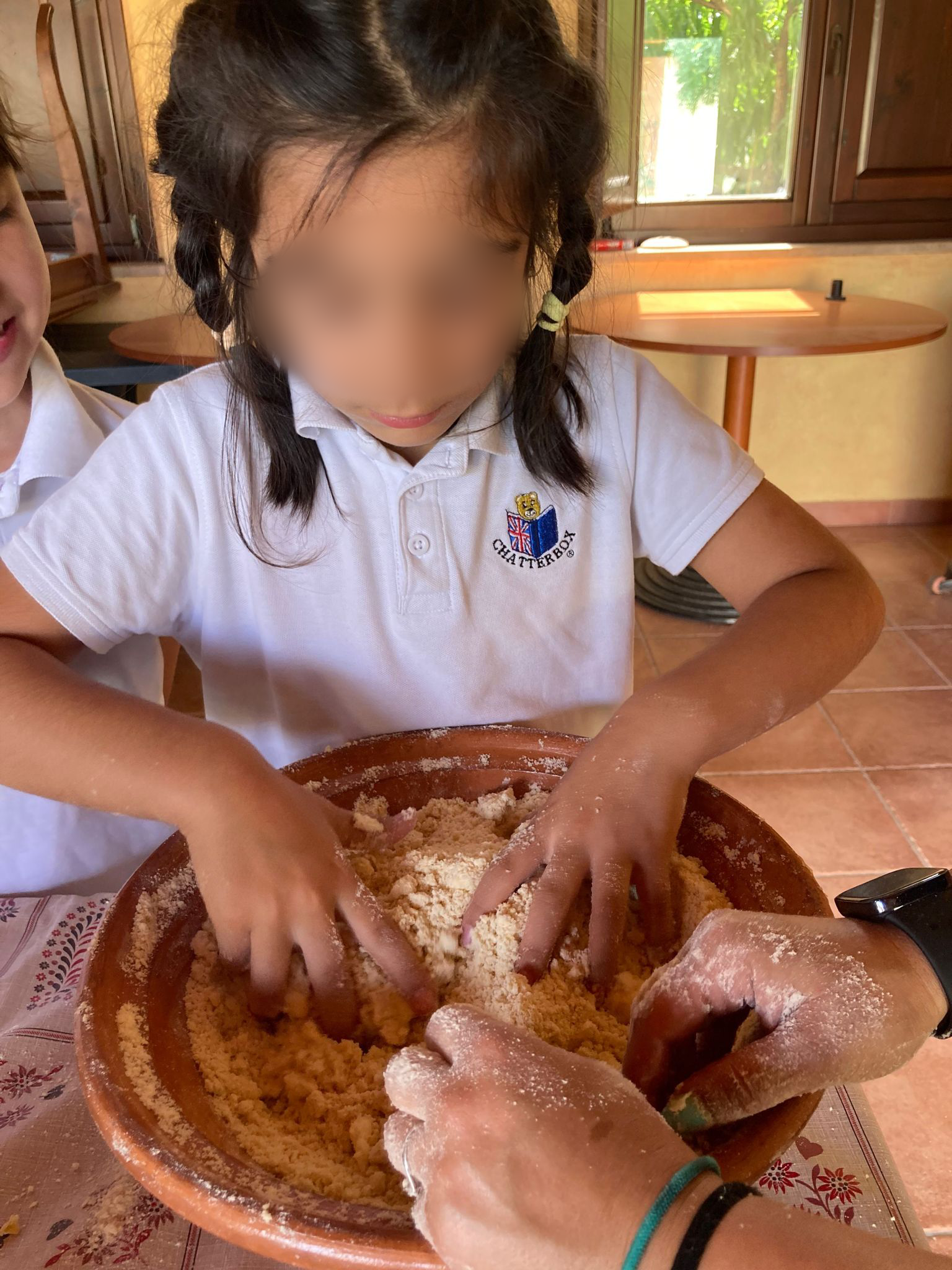
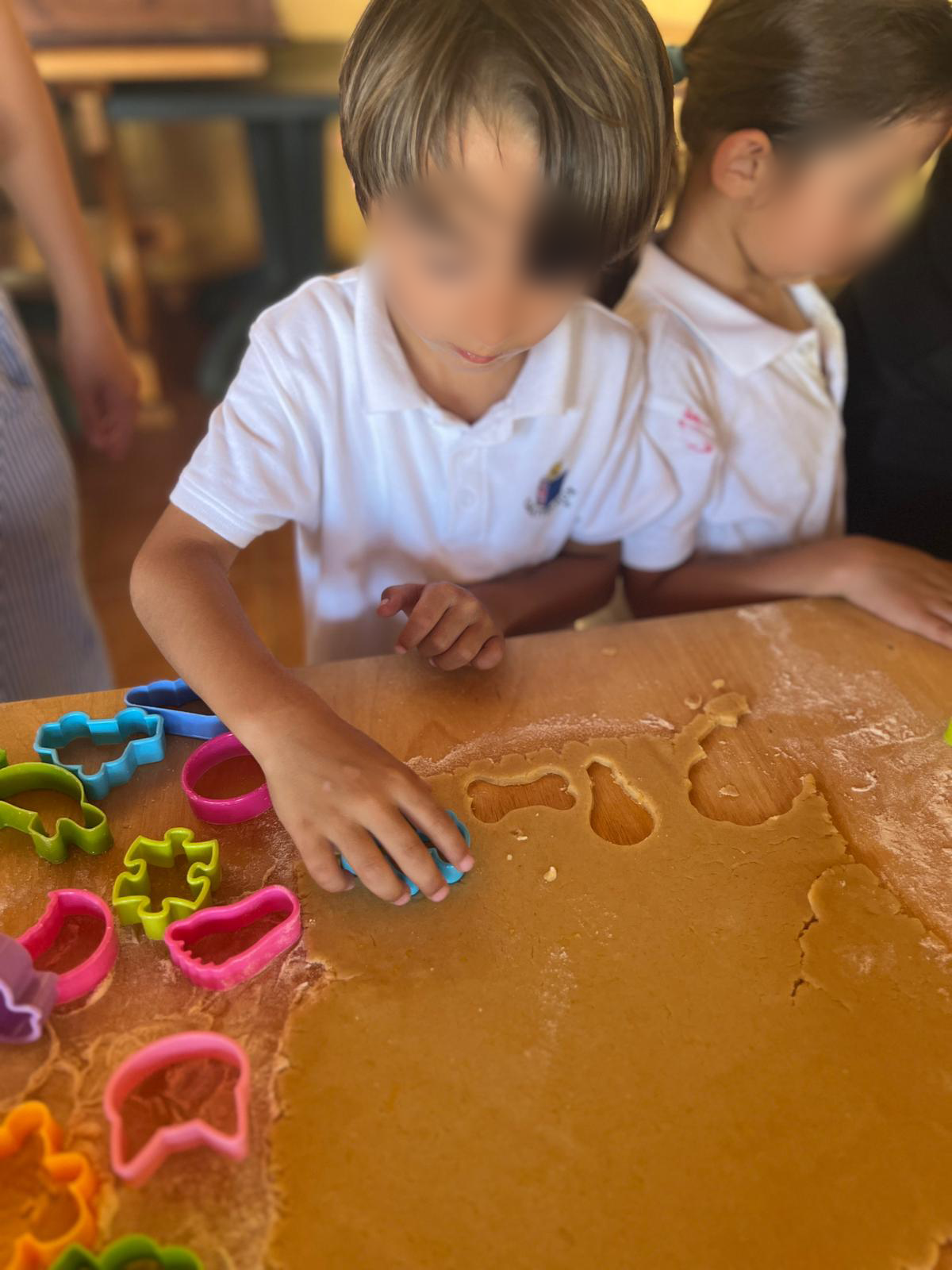
4. Resilience and adaptability: Being away from home and experiencing new situations can sometimes be challenging for children. However, overcoming these challenges builds resilience and adaptability. They learn to cope with unfamiliar surroundings, manage their emotions, and adjust to different routines, which are valuable life skills.
5. Appreciation for nature and the world: School trips often involve outdoor activities or visits to natural landscapes. The destinations we choose are places we know well that can provide contact with animals as well. Children learn about the importance of conservation and sustainability. These experiences help children develop an appreciation for nature and the environment, which, together with the environmental friendly project we carry out in class during the school year, help them become responsible citizens who value and protect our planet.
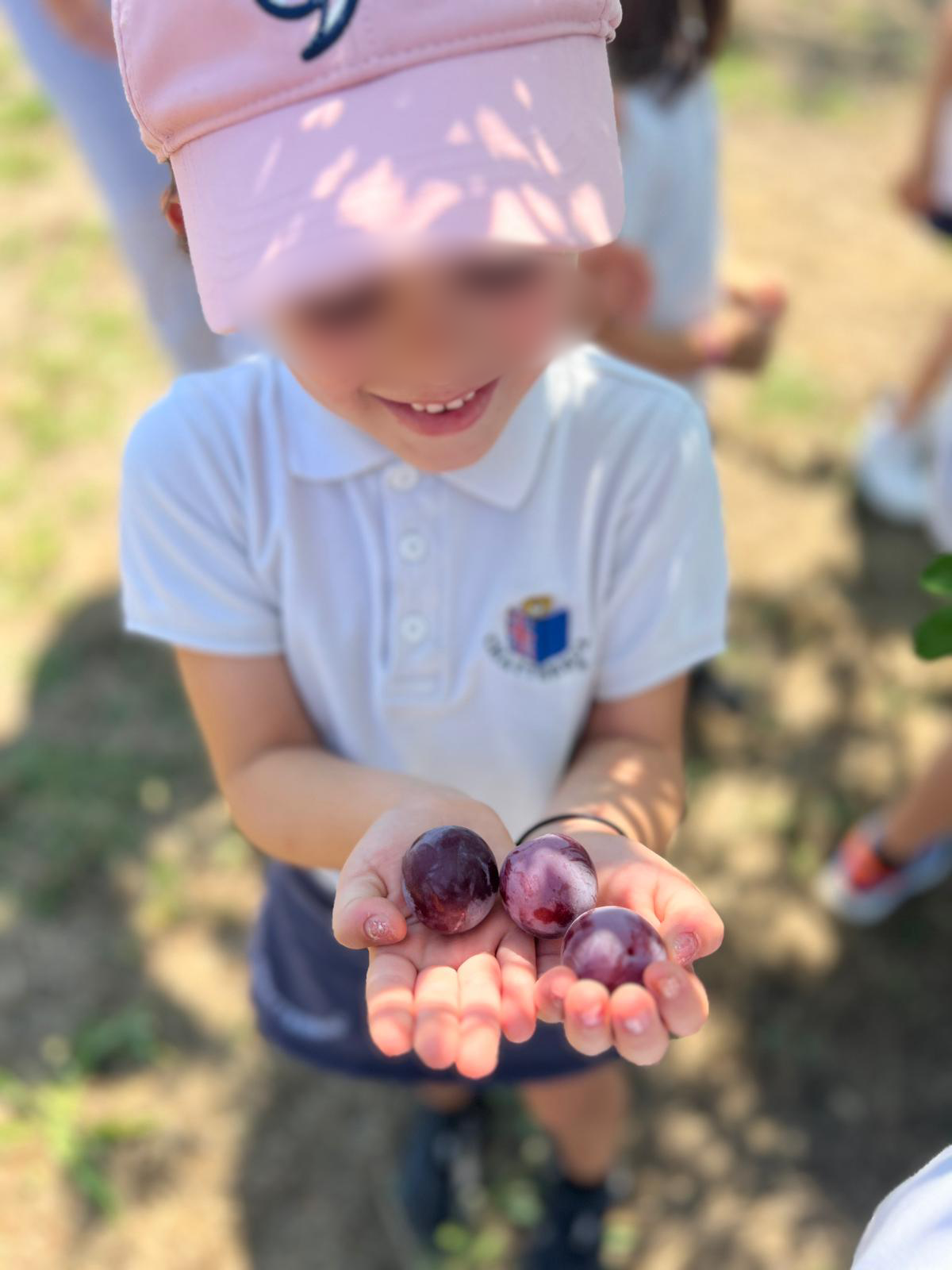

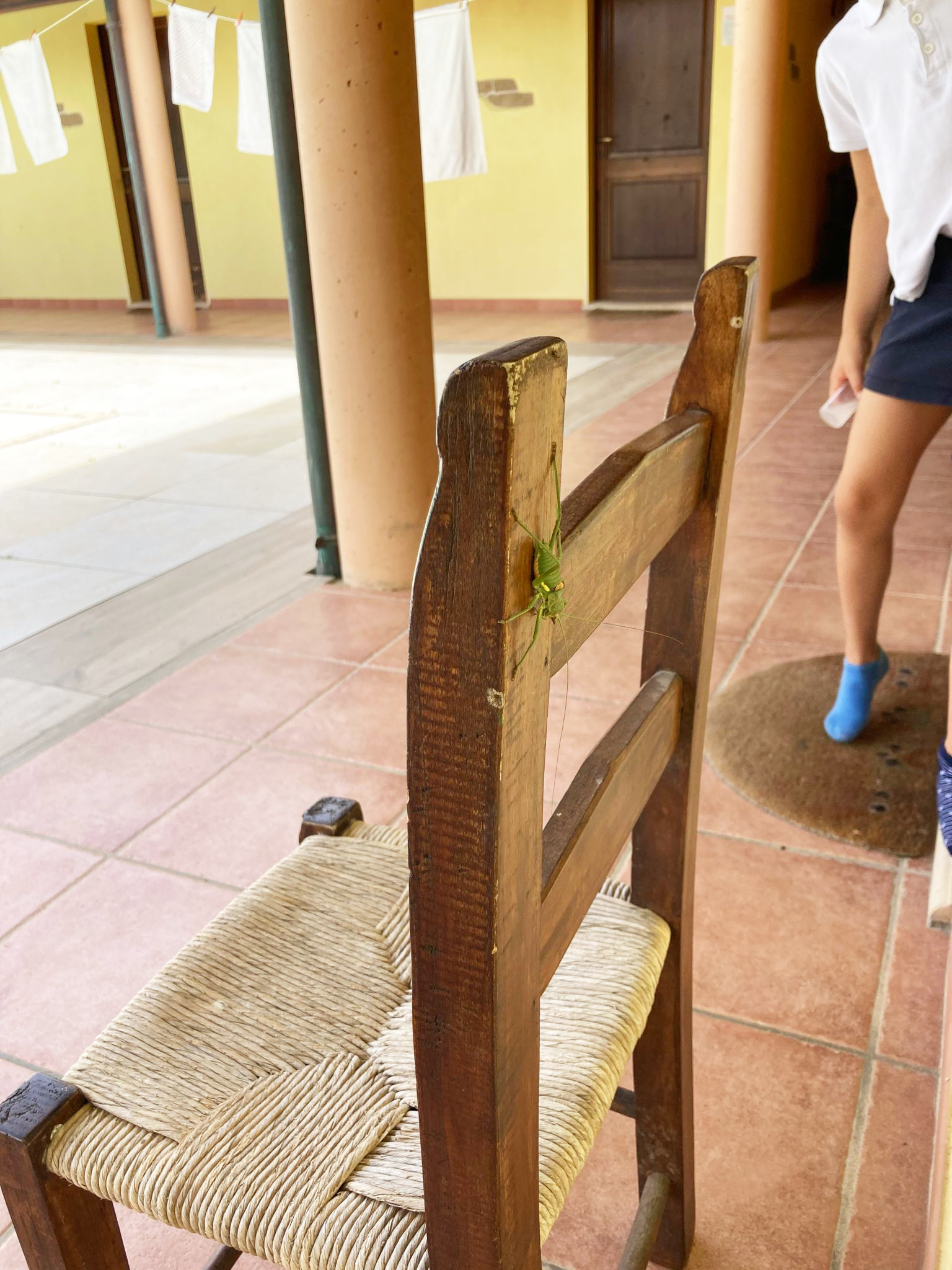
6. Cultural awareness and empathy: School trips may expose children to diverse cultures, traditions, and perspectives. By interacting with people from different backgrounds, children develop cultural awareness and empathy. They learn to respect and appreciate differences, broadening their horizons and fostering a more inclusive mindset.
7. Memories and bonding: School trips create lasting memories for children. The shared experiences and adventures build strong bonds with classmates and teachers, enhancing the overall sense of belonging within the school community. These memories can be cherished for a lifetime and contribute to the child's social and emotional well-being.
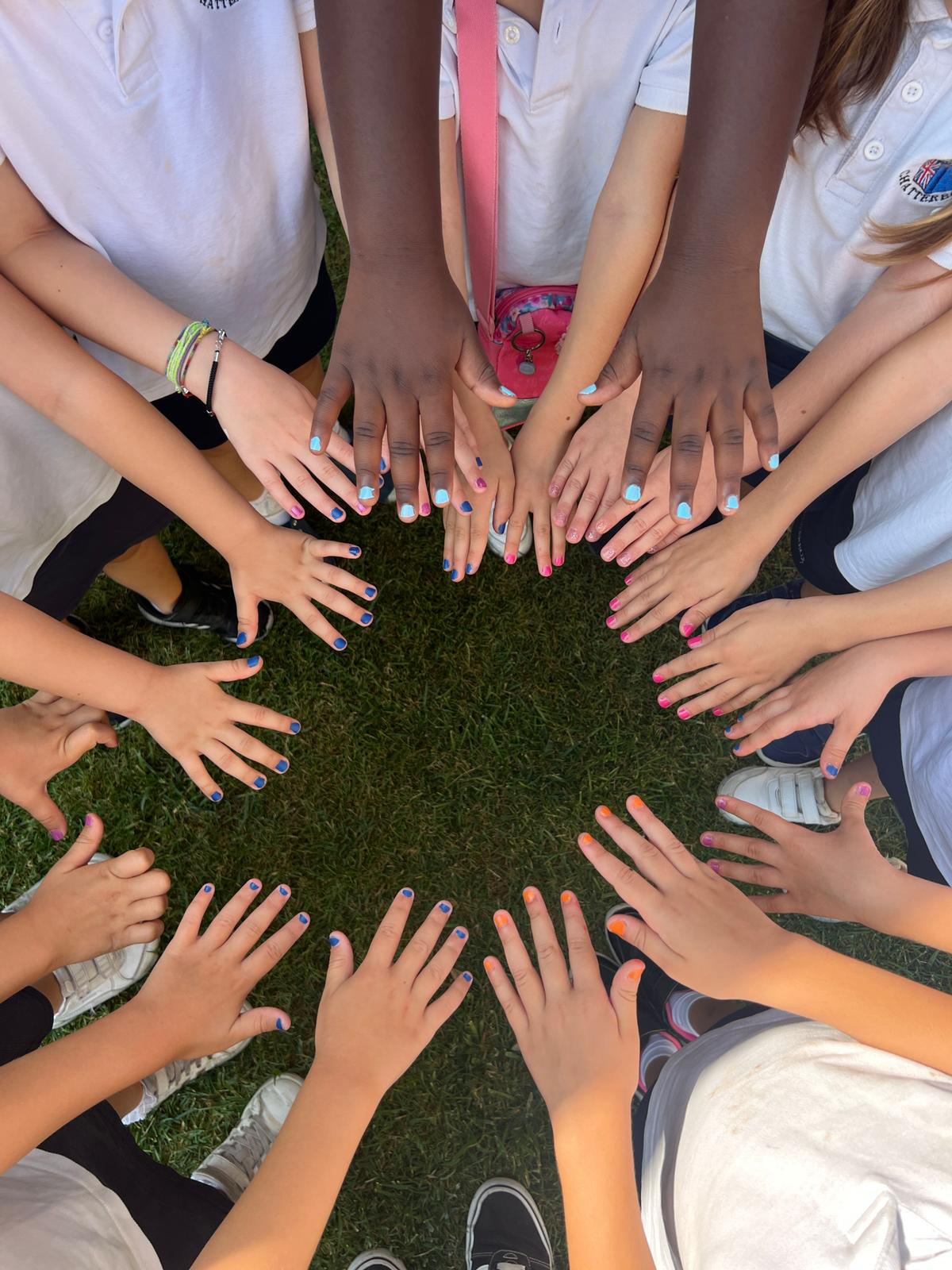
This is why, with proper planning and safety measures to ensure the well-being and security of the children, we promote 2 or 3-day school trips for our younger students every year, as an integral part of their educational path.